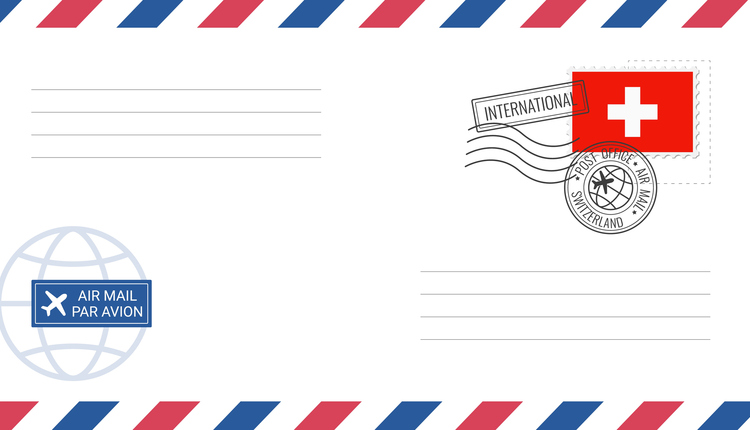In March of 2021, the EU introduced the first phase — Release 1 — of its ICS2, which required pre-loading information for any item requiring custom clearance. Data was required for package to the EU before transport, and items could be refused before loading on transport. The data is generally referred to as Advanced Electronic Data (AED) in the US,known as EAD in many other countries. The new import controls coincided with a volume loss of about 20% in international letter post volumes (items weighing up to 4.4 pounds), according to a recent UPU study.
Scheduled for March 1, 2023, the second phase of the EU’s import controls, ICS2, applies to freight forwarders, air carriers, postal operators, and express carriers. Postal operators, allowed to submit partial data under the first phase, will be required to coordinate with their air carriers to submit complete data. This information will be provided by the mail owner and passed through their mail service provider or consolidator, if either is used. Packages without proper information will not be delivered.
With Release 2 on reviewing the AED, the customs authority in each EU country issues a status. For pre-loading, these are requests for screening, for [more] information, for amendment [to the information], as well as do not load, and acceptance complete. The pre-arrival status categories are requests for [still more] information and for amendment, missing Entry Summary Declaration (ENS) filing (from the carrier), and acceptance complete. The “acceptance complete” status indicates the data is satisfactory and the item will be accepted on receipt by customs. It does not indicate that customs will clear the item into the country. It is unclear at this point, prior to the implementation of Release 2, whether the USPS will forward requests for further information to the mail owner or the mail submitter, if they are different.
For goods sent by mail, the information provided in the AED comes from the USPS’s Shipping Services File (SSF) for commercial mail and from the customs forms. Mail submitted with an SSF must have a customs form attached to each item. Obviously, the information in the electronic SSF must match the physical customs form. The more complete and detailed information provided to the USPS, the more likely the items will not be delayed by the review process.
In an Industry Alert on November 7, 2022, the USPS announced the requirement for Harmonized System (HS) Codes in all 27 EU member countries, “Effective March 1, 2023, new European Union (EU) regulations will go into effect, requiring a Harmonized System (HS) tariff code on customs forms (CN22 and CN 23) and Advance Electronic Data (AED), for all EU-bound goods. With this change, the Postal Service will require an HS code for EU-bound goods.” (bold in the original)
In addition to HS codes, a detailed description of items is required. Current descriptions are often inadequate to meet the new requirements. The Industry Alert had some examples of acceptable descriptions; a more complete list can be found at https://taxation-customs.ec.europa.eu/system/files/2021-03/guidance_acceptable_goods_description_en.pdf. Using fuller descriptions, HS codes can be found in Schedule B on the U.S. Census Bureau web site at https://www.census.gov/foreign-trade/schedules/b/index.html. A number of apps have been developed to determine the HS code based on descriptions. Since the HS codes have implications for fines and legal action for the mail owner and possibly the mail service provider, software to determine the codes should be carefully vetted.
The EU authorities seem unconcerned about what information the airlines have or do not have regarding the freight and mail they carry or the concerns of the postal operators expressed individually and through the Universal Postal Union (UPU). At UPU meetings in late October 2022, postal operators from highly developed countries expressed concerns, as did those from less-developed countries. It is likely Release 2 will be implemented in 2023 whether a slight delay is granted or not. Prepare now!
Merry Law is President of WorldVu LLC and the editor of Guide to Worldwide Postal-Code and Address Formats. She is a member of the UPU’s Addressing Work Group and of the U.S. International Postal and Delivery Services Federal Advisory Committee.
This article originally appeared in the January/February, 2023 issue of Mailing Systems Technology.










